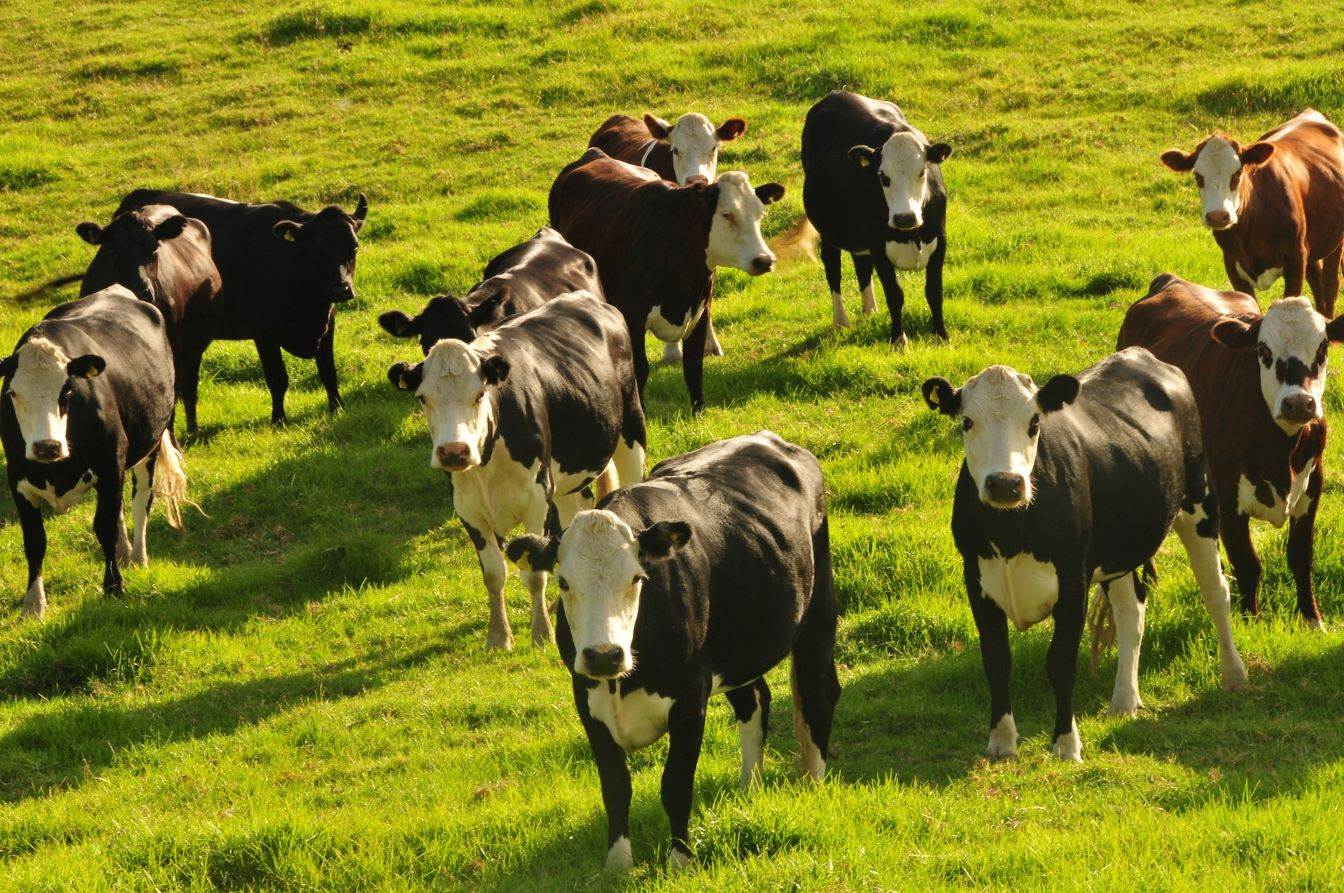Global project targets enteric methane

Animal science researchers from the University of Illinois Urbana-Champaign are working on a project to reduce methane production in beef and dairy cattle resulting from rumen fermentation. The $3.2 million project is part of the Greener Cattle Initiative led by the Foundation for Food and Agriculture Research (FFAR).
The goal of the project is to aggressively target methane production as it has a more potent effect on climate change than carbon dioxide (CO2). Reducing methane production by 30-40% could help to correct the climate path in a shorter time frame than controlling CO2 alone. Methane is 28 times more potent than CO2 but takes only a dozen years to degrade in the atmosphere compared to the hundreds of years it takes CO2.
The project is a global effort that involves six research hubs tackling the issue of enteric methane produced in the rumen during microbial fermentation. The project leader, Rod Mackie, a professor in the Department of Animal Sciences, together with Illinois animal sciences professor Josh McCann, will track hydrogen production and utilisation during fermentation.
The researchers aim to redirect excess hydrogen towards more productive end-products instead of allowing it to convert into methane. They plan to achieve this by exploring potential adjustments to the system and using promising inhibitor compounds. The team will take rumen microbial communities from beef cattle that naturally produce more or less methane to identify potential adjustments that can be made. Afterwards, they will bring their findings back into cows. The project is the beginning of an extended effort to find enteric methane solutions. The team hopes to recommend specific amounts of inhibitors that do not hinder or improve production performance by the end of the three-year project.
“There are a lot of groups working on inhibiting methane directly using dietary additives. Our focus is trying to figure out how we actually make it work in an animal and make it more energetically feasible. That's really been the missing piece,” said McCann.
“If cows can’t metabolise the excess hydrogens for productive benefit and to improve growth, there will continue to be limited adoption of methane reduction strategies or additives. There's no economic incentive.”
Mackie commented that it would be amazing if ruminants could save the planet within ten years if they could find a solution to reduce methane production.
Institutions involved in the project include the University of Illinois Urbana-Champaign as the project lead; the Grasslands Research Centre, AgResearch, New Zealand; the University of Alberta; Lethbridge Research and Development Centre, Agriculture and Agi-Food Canada; the Norwegian University of Life Sciences; Queen’s University Belfast, Northern Ireland; Ben-Gurion University of the Negev, Israel; and ProAgni, Australia.
Photo by Christina Maiia on Unsplash










